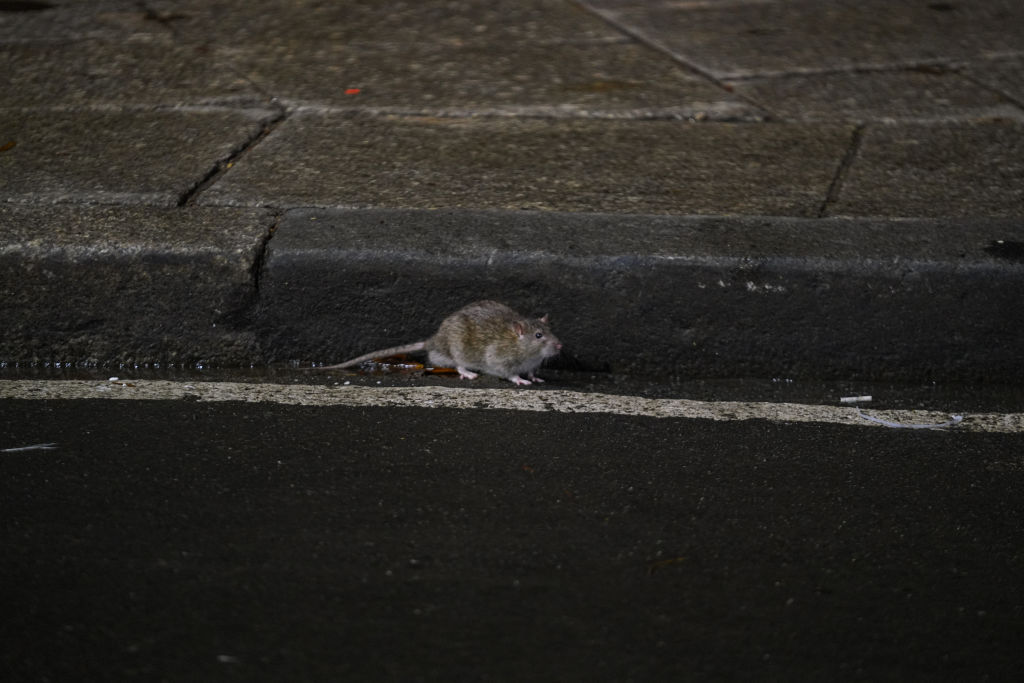Even New York City rats can get COVID, study finds


A free daily email with the biggest news stories of the day – and the best features from TheWeek.com
You are now subscribed
Your newsletter sign-up was successful
A new study has found that New York City rats can actually be infected with the COVID-19 virus. "Our findings highlight the need for further monitoring of SARS-CoV-2 in rat populations for potential secondary zoonotic transmission to humans," said the lead author of the study Dr. Henry Wan.
CNN reports researchers trapped and processed samples from rats around the city and found that 16.5 percent of the tested rats tested positive for the virus. The report writes that the virus was "identified in sewage water systems" and "coincides with outbreaks in resident human populations," but "no evidence has shown that SARS-CoV-2 viruses in sewage water are infectious." This shows "that sewage rats may have been exposed to the virus through airborne transmission ... or indirect transmission from unknown fomites."
Rats are not the only animal to be infected by the COVID virus. Dogs, cats, deer, primates, and hippos were all also found to have contracted it, however, "there is no evidence that animals play a significant role," according to the Centers for Disease Control. However, the "findings highlight the need for further monitoring of SARS-CoV-2 in rat populations to determine if the virus is circulating in the animals and evolving into new strains that could pose a risk to humans," Dr. Wan said.
The Week
Escape your echo chamber. Get the facts behind the news, plus analysis from multiple perspectives.

Sign up for The Week's Free Newsletters
From our morning news briefing to a weekly Good News Newsletter, get the best of The Week delivered directly to your inbox.
From our morning news briefing to a weekly Good News Newsletter, get the best of The Week delivered directly to your inbox.
Dr. J. Scott Weese, director of the Centre for Public Health and Zoonoses at the University of Guelph remarked that the findings are a "reminder for the future, and that we need to be approaching things in the broader context, animal and human health all together."
A free daily email with the biggest news stories of the day – and the best features from TheWeek.com
Devika Rao has worked as a staff writer at The Week since 2022, covering science, the environment, climate and business. She previously worked as a policy associate for a nonprofit organization advocating for environmental action from a business perspective.
